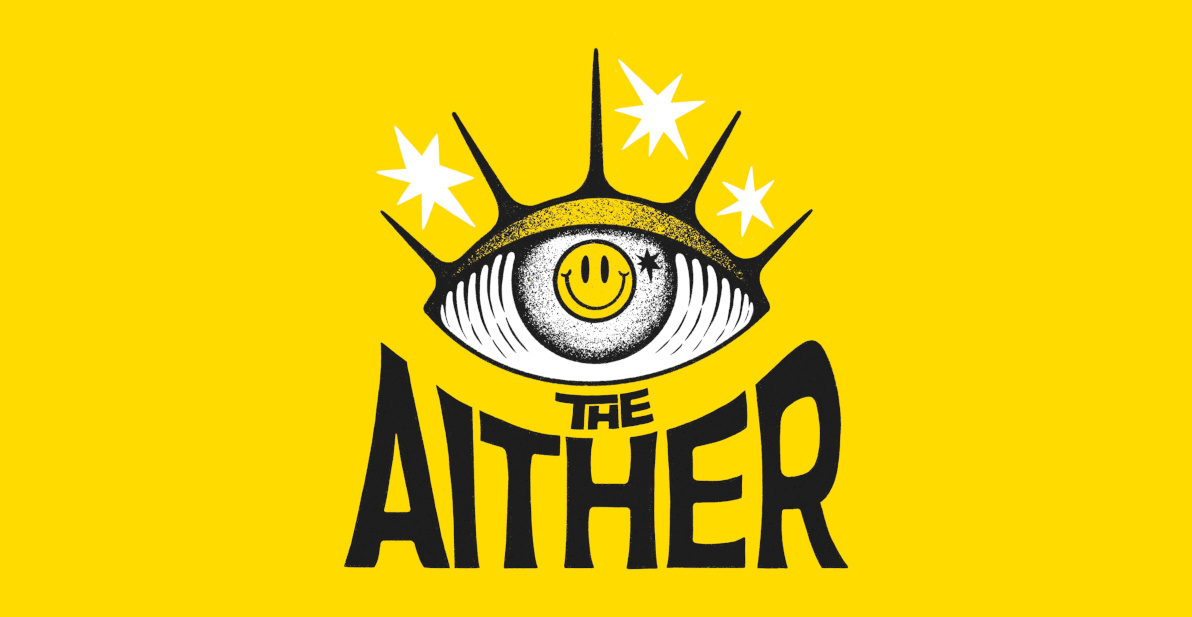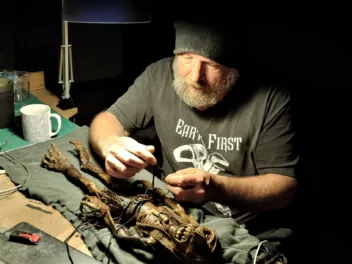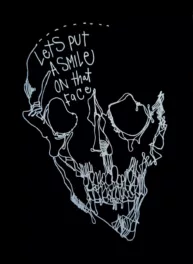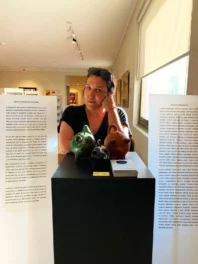Born in the early 1970s, Cormac Pentecost is an English writer, editor and founder of new publishing imprint, Temporal Boundary Press (TBP) who were established in 2020. Aside from his work with TBP, Cormac also runs the Corse Present blog, were he writes and waxes lyrical about his varied interests as well as providing updates on everything TPB.
We discovered Cormac and Temporal Boundary Press as a result of 2 fabulous zines they release – ‘Waiting for You’, devoted to the much loved cult BBC show Detectorists and ‘Man is the Animal’, devoted to experimental British band Coil. Both of which are lovingly put together and filled to the brim with wonderful contributions of art, articles, poetry and more from a wide variety of contributors – Such as issue one of Man is the Animal: a Coil Zine, which features cover art from none other than Val Denham, who we interviewed back in 2020.

Wanting to learn more about Temporal Boundary Press and Cormac, we sent him some questions to answer over email.
Explore Cormac’s and TPB’s worlds below…
Getting Acquainted
Name + D.O.B?
Cormac Pentecost, 1971
City, State and Country you currently call home?
Shropshire, England
City, State and Country you’re from?
Birmingham, England
Please describe some memories – such as art, music, comics, friendships, adventures, study, romance, politics, work, crime, religion… anything really – from the stages of your life noted below:
* Your childhood:
One of my earliest memories is sitting on the back door step reading a copy of a comic called Monster Fun.
I was very young so I doubt that I was really ‘reading’ it but it was my first experience of engaging with something that could provoke the feeling of another world accessible through art. I guess it must have been a formative experience as the comic was full of comedic parodies of horror tropes.
I was scarred for life.
Growing up in Britain in the 1970s was, in retrospect, a very strange experience. For some reason discussions about poltergeists, telekinesis, lake monsters, UFOs, and so on, were completely normal. There was still some residue of post-war life yet things such as punk were taking off.
The country was on the threshold in so many ways and, despite all the problems that were apparent, it was a fertile and liminal time.
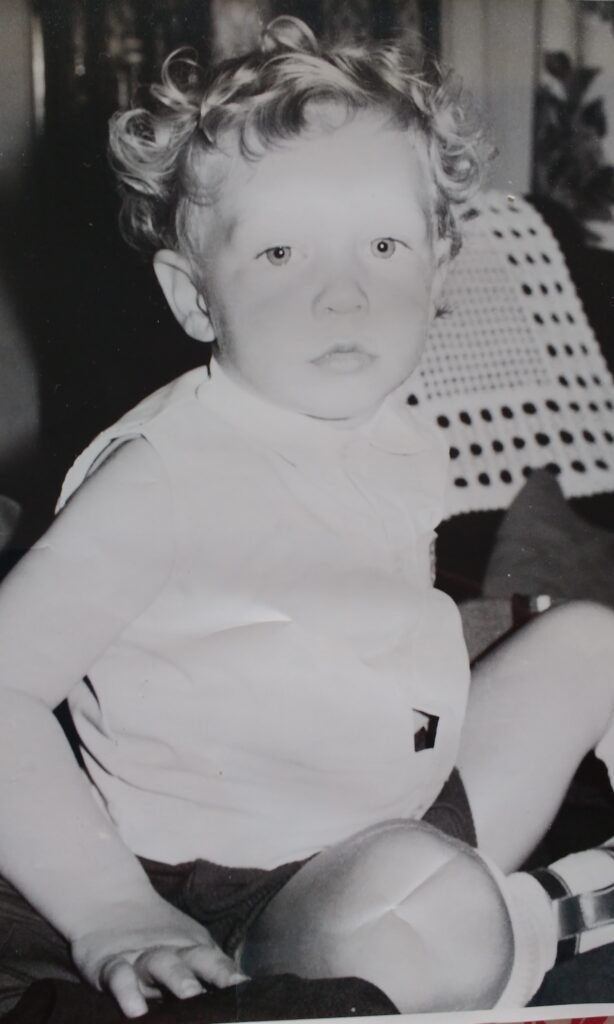
* Your teenage years:
Generally horrible (all photographic evidence has been destroyed) but hindsight has some redemptive properties.
Popular culture in Britain was at its peak. If you doubt this, just look up the top 40 singles for any random date between 1980 and 1986. Or look at TV schedules for the same time.
I’m sorry if this sounds like Gen X nostalgia but the period immediately preceding the public launch of the WorldWideWeb was the golden age of analogue culture. You could turn on the TV on a Saturday morning and see videos by Psychic TV, New Order or The Smiths.
Digital technology has had the unintended effect of freezing culture. In Joy Division’s “Digital” Ian Curtis sang, ‘I feel it closing in,’ and he was announcing the slow cancellation of the future.
* Your 20s:
I had what social workers call a disorganised lifestyle.
Everything was meant to fall into place but it was just falling.
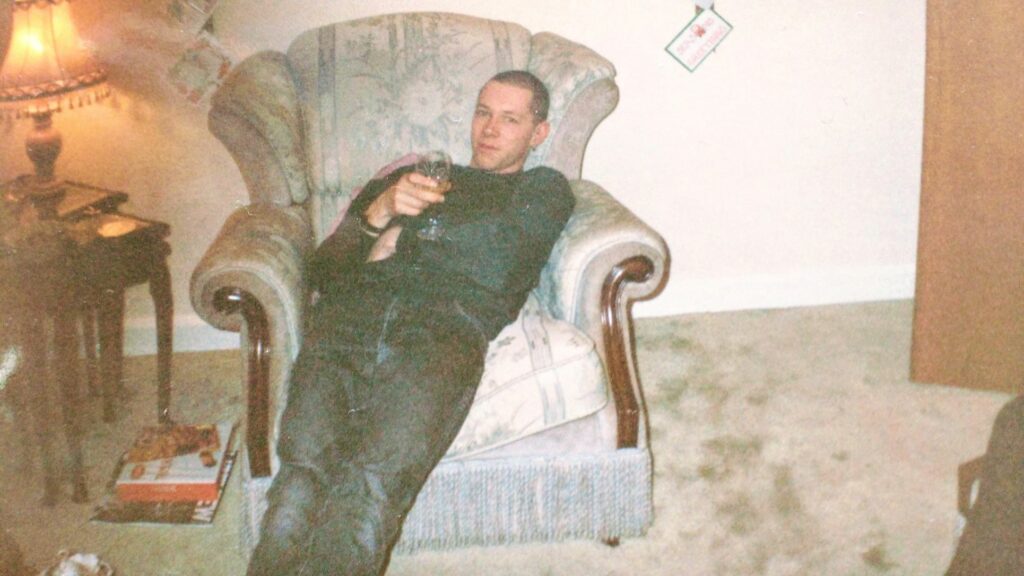
* Your 30s
Marriage and children. A new beginning in many ways.
The alternative subcultures that had beguiled me in my twenties now seemed to lead me into nihilistic culs-de-sac and I turned away from them to explore more traditional forms of art.
I listened to a lot of classical and folk music.
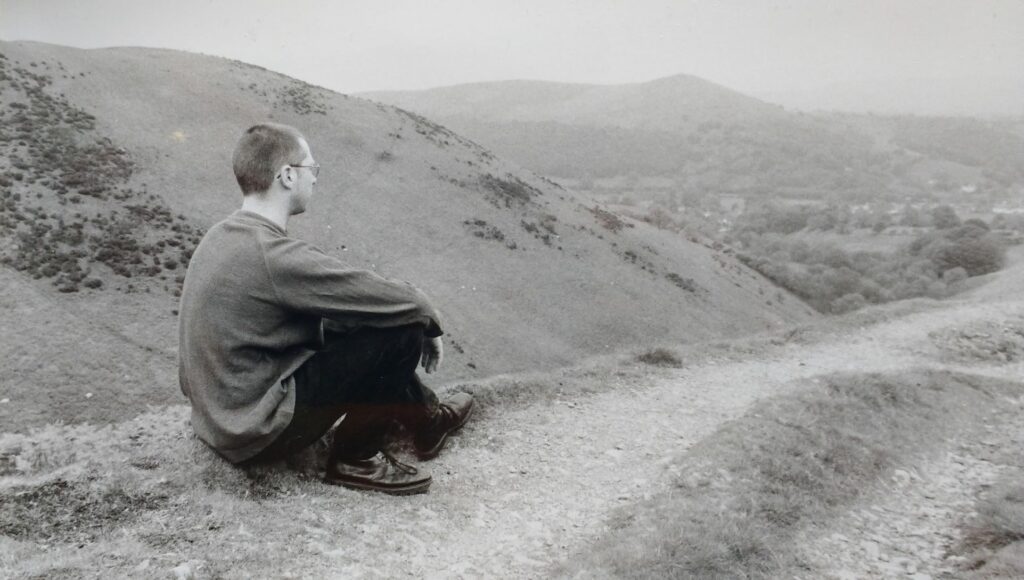
* Your 40s
The traditional forms of art that had beguiled me in my thirties now seemed to lead me into nihilistic culs-de-sac and I turned away from them to reassess some of my earlier interests.
I returned to Coil whom I had loved and whom I rediscovered anew.
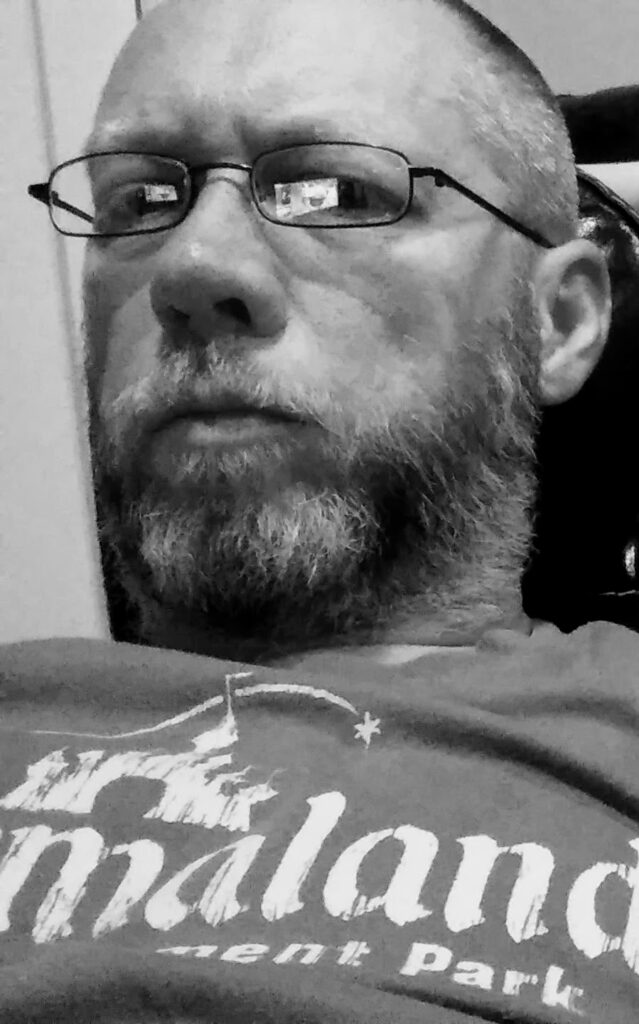
* Your 50s so far:
So far it’s all tied up with Temporal Boundary Press.
Personal motto(s)?
The boundary is undefined.
Publishing, Writing + Creativity Questions
When and why did you first become interested in writing, publishing and everything creative?
… and any pivotal creative moments / influences?
Writing is something I always wanted to do but I’ve never been particularly good at it. Publishing zines is a good way for me to curate other people’s material which is perhaps the one talent I have.
An enduring influence is the English singer and musician David Sylvian. More than anyone else, he moves forward creatively all the time and refuses to look back and sit on his laurels.
For those who may be unaware – Please explain the who, what and why regarding Temporal Boundary?
Temporal Boundary Press is just me.
During the UK lockdown of 2020 I started to think about some of the new zines that had recently been launched, such as Weird Walk and Rituals & Declarations.
It seemed to me that zine culture was serendipitously in tune with the slowed down tempo of lockdown. I decided to launch a zine dedicated to the TV show Detectorists and began contacting people whom I thought would be good contributors. I then had to learn how to create a booklet and get it printed.
I have no background in publishing, it was purely a project based on enthusiasm.
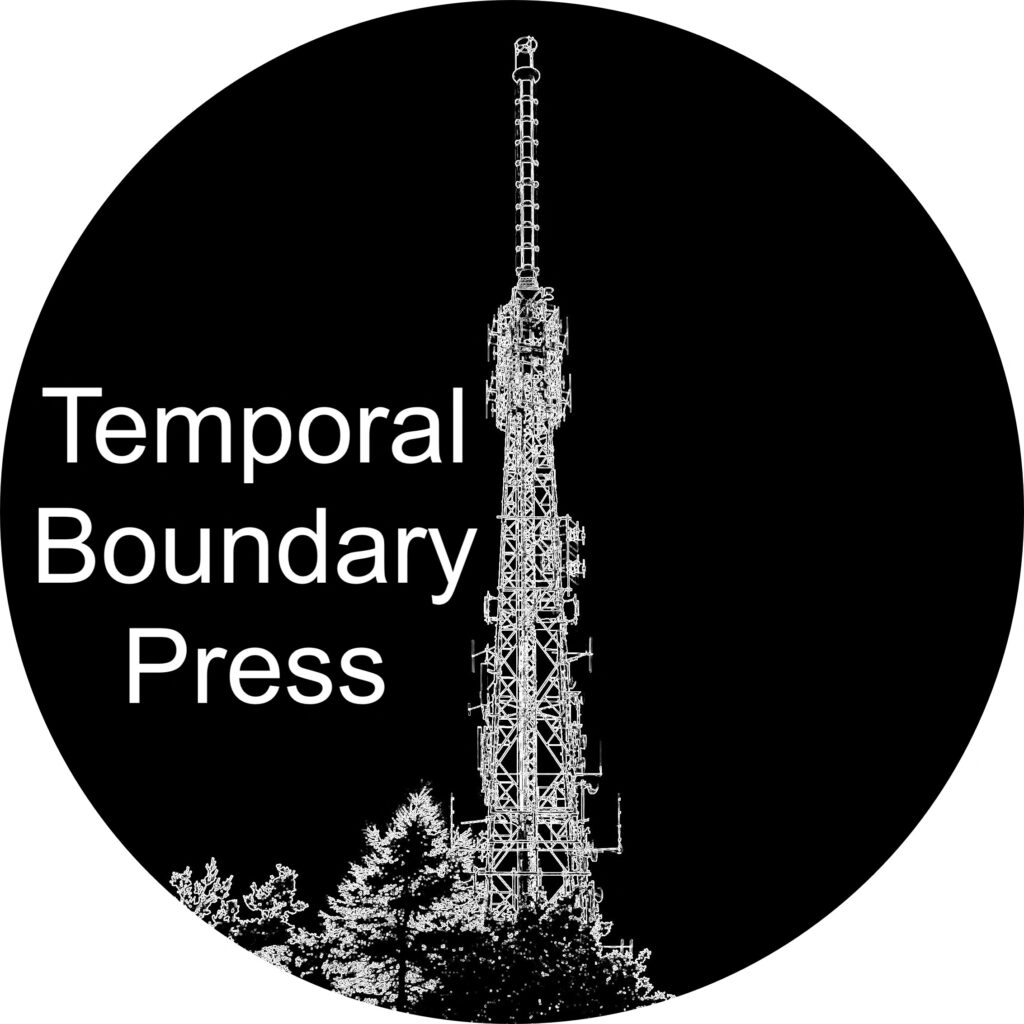
What led you to launch zines devoted to the much loved cult BBC show Detectorists and experimental British band Coil?
Detectorists completely passed me by to begin with. I don’t watch much TV and I generally don’t enjoy most TV comedies. But I started to see people on social media referencing the show in relation to some folk horror, or folklore elements.
Eventually I decided that I would have to check it out to see what they were going on about. More or less instantly, I was hooked. It was true that, particularly in the Christmas special and the third series, there were tropes from ghost stories or folk horror but there was also something else. Perhaps it was a sort of unintentional psychogeography, or perhaps it was the slowness of much of the show, which was so out of step with most modern TV.
It was part Ghost Story for Christmas and part Waiting for Godot but also so much more. And I felt that it was all worthy of further exploration.
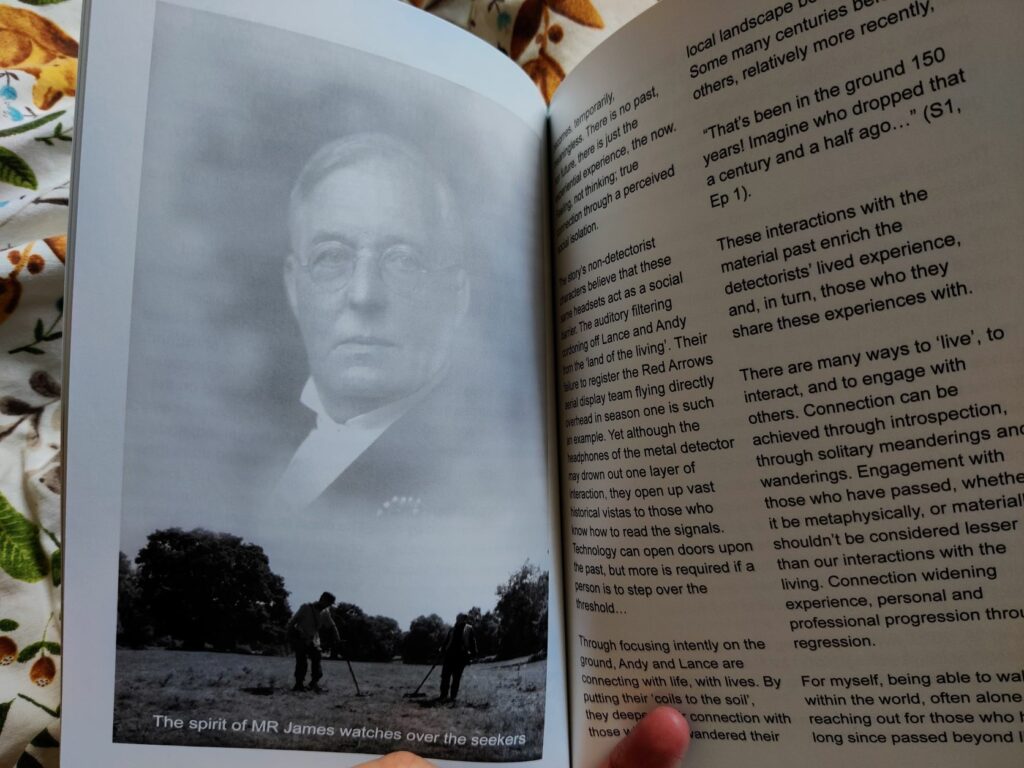
As for the Coil zine, once I had got my head around the practicalities of how to put a zine together, I started to think about other possible subjects and Coil were already there waiting. John Balance died in 2004 which was the same year that Facebook was founded and I find this to be a very meaningful coincidence. Coil were always future orientated and the advent of social media has in some ways led to a cryogenic freezing of culture.
I saw Coil as being incompatible with the current cultural phase and when I started to think about why this might be so I realised that their body of work was filled with so many interesting and radical ideas that it would be good to have a forum for exploring and reanimating them.
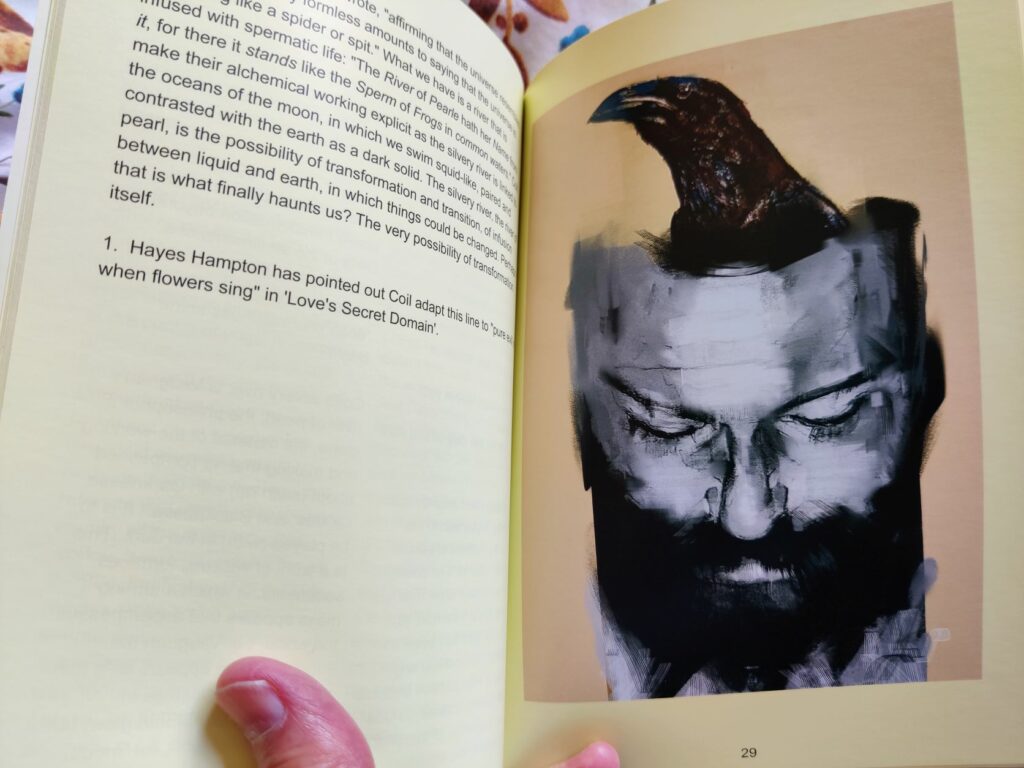
How can people get involved in Temporal Boundary?
…either as potential published authors, or contributors to existing zines?
I’m hoping to increase the scope of what TBP publishes over the next year or so and if anyone would like to get in touch to discuss new ideas, or to explore the possibility of contributing to existing titles, they can contact me at cormacpentecost@gmail.com.
What do you have planned and in the works for Temporal Boundary?
I’m about to send the third issue of Waiting for You: A Detectorists Zine to the printers.
I will then immediately be focussed on a new title, Undefined Boundary: The Journal of Psychick Albion. This is an exciting new project that will allow for discussion of the psychedelic underbelly of British culture across the ages and disciplines, from pop music to psychogeography to standing stones. It will be a radical alternative to the cultural stasis of the capitalist realist hegemony.
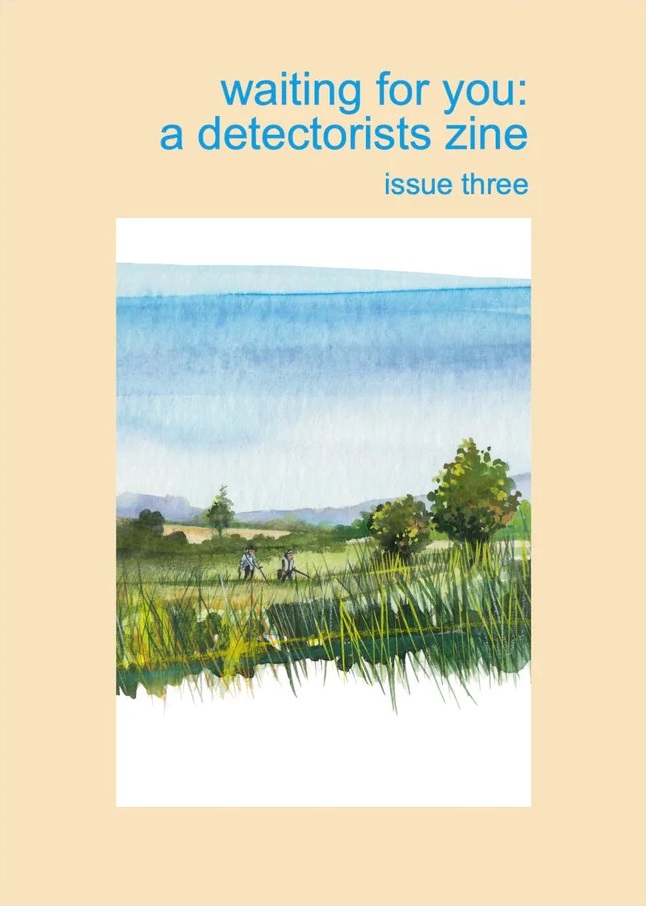
Aside from your publishing work – What other creative endeavors do you engage in?
The most creative endeavour I pursue is walking.
If you can walk for the sake of it, rather than as a way of getting somewhere else, it’s a surprisingly creative act. If I didn’t walk I’d never have any ideas.
Who are some of your favourite publishing houses, artists, writers and musicians?
…and what is it about their works that so inspire and move you?
Publishers: Grimscribe Press, Repeater Books and Influx Press
Artists: Francis Bacon, Andy Goldsworthy, James Ensor and Mark Leckey
Writers: Alan Garner, Joel Lane, Alan Moore, David Rudkin and David Peace
Musicians: Current 93, David Sylvian and Kate Bush
What ties together many of my interests is the concept of Psychick Albion.
This is a term that was given to me by the band No Sanctuary and it perfectly encapsulates what has fundamentally motivated me ever since I came to conscious awareness in the hallucinatory 70s.
If people wanted to check out your publications, buy some of your wares, or work with you – Where should they visit and how should they get in touch?
Everything from Temporal Boundary Press is available from https://temporalboundary.bigcartel.com
My personal blog can be found at https://corsepresentblog.wordpress.com
I can be contacted at cormacpentecost@gmail.com
Odds and Ends
If you could live in any place, during any historical era – Where and when would that be?
…and why would you choose that time and place?
I feel like I should be Nietzschean about this and say that here and now are the best place and time to be.
You’ve caught me on a good day so I’ll go with that.
What role did toys play in your childhood?
I suspect a very important one. They give us a pre-linguistic symbolic language with which to explore the world and ourselves. Sadly, we fall into language proper and then everything becomes logical, well-defined and scientific.
My constant ambition is to recover the magic.
Does sex change everything?
Lacan said that, ‘there is no sexual relation’. Meaning that the object of love is never grasped entirely in itself but is instead a symbolic substitute for that which is lacking in the subject. Whether there is any truth to this I have no idea but it does seem curiously similar to notions of religious ecstasy which alert us to another plane of existence.
Most people would nowadays be comfortable with dismissing the religious experience as a delusion – a symbolic substitute for that which is lacking in the subject. But perhaps we are less inclined to dismiss sex in the same way.
In the gap between the self and the other, there falls the shadow.
But the shadow of what? I’m still trying to find out.
What are the top 3 items you own?
My health, my curiosity, and my reasonably sound mind.
Please describe your last dream in detail…
I often dream of a house with unknown rooms that I am only now discovering. Or sometimes a communal building of some sort with circuitous corridors.
No doubt there’s a boring psychoanalytic explanation for all this.
Other people’s dreams are never interesting.
Art is a way of bridging the distance.
Of everything you have done, what would you most like to be remembered for?
Hopefully for something I’ve yet to do.
The most creative time must be in the future.
Links
- Cormac Pentecost – Corse Present, Cormac’s Personal Blog
- Cormac Pentecost – Facebook
- Cormac Pentecost – Email: cormacpentecost@gmail.com
- Temporal Boundary Press – Online Store
- Temporal Boundary Press – Instagram
- Temporal Boundary Press – twitter
- Temporal Boundary Press – Ko-Fi Page to Donate to TBP
